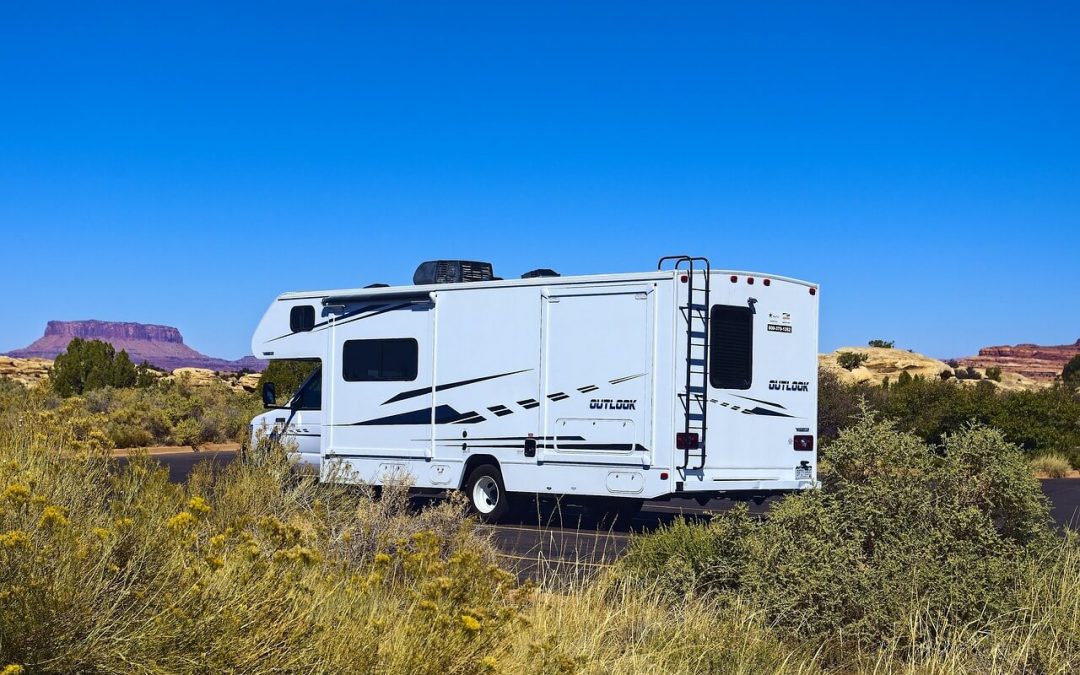The Cost of Your Rig
If you’re planning to live in an RV full-time, you’ll likely buy your own vehicle since renting is more expensive. Many choose to purchase an RV or a travel trailer, though some people do live in converted vans.
If you choose a travel trailer, you will also need a vehicle to tow it. Depending on the features you want, you might spend from $6,000 – $8,000 on an older, used travel trailer or 100k or more for a new full-size rig.
Fuel Costs
The amount of money you spend while on the road greatly depends on how frequently you travel, what you’re driving, and the current cost of fuel for the vehicle.
Some full-time RVers stay in the same place a good portion of the year and travel during the warmer months. Others live on the road and regularly move from place to place. Whether you’re driving an RV or towing a travel trailer, don’t expect to get great gas mileage. A full-size truck towing a trailer will usually average 8 miles per gallon.
To get the most out of your vehicle, schedule inspections and keep up with maintenance. Regular service visits are important for maintaining fuel efficiency.
Costs of Camping While RVing
When you’re not driving, you’ll need a place to park. Look online for campsites with different features and amenities. Most have bathrooms and showers and some have WiFi and laundry facilities.
If you want electricity and sewage hooks up, a swimming pool, and access to cable television, expect to pay more. You’ll pay fees from around $25/night and up. Some sites offer discounted long-term rates if you’re staying for a month or more.
You can sometimes find free places to camp on public lands managed by the Forest Service or Bureau of Land Management. However, these campsites only offer “dry camping” with no access to water, electricity, or sewage.
Other Costs of RVing Full Time
You will also need to plan for your regular living expenses like food and toiletries. You may also want a gym membership and an annual pass to National Parks. Other bills include your cell phone, health insurance, insurance costs for the vehicle(s), and the propane you’ll use to cook.
When considering the RV lifestyle, make a list of things you spend money on now and compare it to the costs of living on the road. This will help you determine if you’ll save money and whether RVing is right for you.
RV Onsite Services provides RV inspections and services to customers in the Raleigh and NC Triangle area. Contact us to schedule an inspection.

